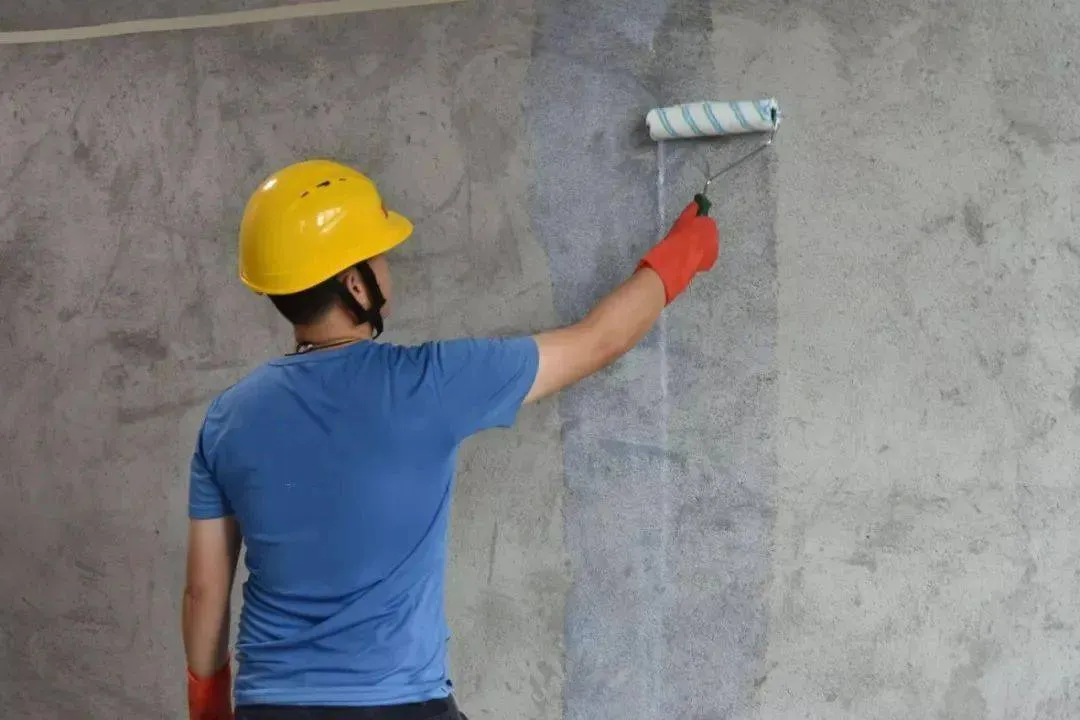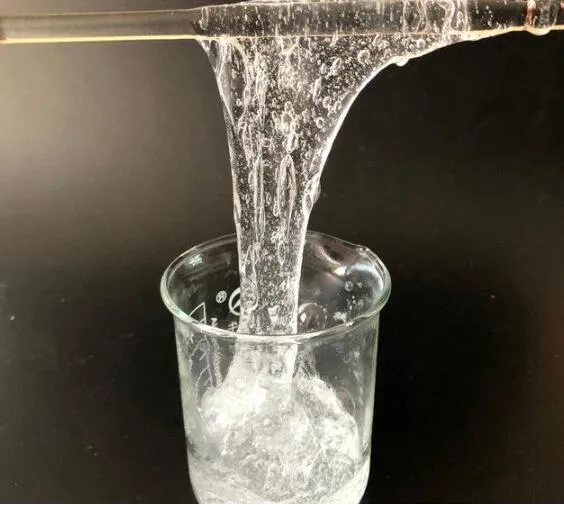
Exploring the Uses of Polyvinyl Alcohol and PVA in Construction and Industry
Polyvinyl alcohol (PVA) has become a cornerstone material in construction, coatings, and adhesives. Along with polypropylene fibers, it offers enhanced performance and durability in many applications. This article explores how PVA products are used, their unique properties, and why they are in such high demand across industries.

Polyvinyl Alcohol: A Versatile Material for Construction and Coatings
The demand for polyvinyl alcohol for sale continues to grow due to its diverse applications. Builders and contractors often ask, “What is PVA used for?” The answer ranges from its role as a primer to its use in adhesives and even as a film-forming agent.
When preparing walls for painting, applying PVA before painting is a crucial step. It acts as a sealer, ensuring that the paint adheres better and the surface is less porous. Similarly, PVA for plastering walls helps improve adhesion between the plaster and substrate, reducing cracking and dusting.
For external surfaces, exterior waterproof PVA is popular because it provides a protective layer against moisture penetration, safeguarding buildings from weather-related damage.
In addition, adding PVA to cement enhances the flexibility and bonding strength of the cement mixture, making it more resistant to shrinkage and cracking. This is often combined with polypropylene fiber, which reinforces the cement and further increases durability.

Polyvinyl Alcohol: Properties, Solubility, and Industrial Supply
One of the unique characteristics of PVA is its solubility. The poly vinyl alcohol solubility in water makes it suitable for applications like water-soluble films and environmentally friendly packaging. Many industrial buyers rely on detailed product information like the polyvinyl alcohol MSDS PDF to ensure safe and proper handling in manufacturing environments.
In coatings and adhesives, polyvinyl alcohol emulsion Ve polyvinyl acetate emulsion are highly valued for their superior film formation and binding capabilities. Businesses are increasingly monitoring the polyvinyl acetate emulsion price to secure cost-effective yet high-quality supply.
Reliable polyvinyl alcohol manufacturers provide products like PVA2488, which is known for its excellent adhesion and water solubility balance, making it ideal for construction, textiles, and packaging.
Future Trends and Sustainable Applications of PVA
As industries move toward eco-friendly solutions, the focus on sustainable materials like PVA intensifies. Manufacturers are innovating polyviny alcohol grades that combine performance with environmental safety, particularly in single-use packaging that dissolves in water.
Contractors and industrial buyers looking for polyvinyl alcohol for sale often seek bulk options for large projects, ensuring supply continuity and cost efficiency. With enhanced formulations of polyvinyl alcohol emulsion Ve polyvinyl acetate emulsion, the potential for high-performance adhesives and coatings continues to expand.
5 Product FAQs
What is PVA used for in construction?
PVA is used as a primer, bonding agent, and additive in cement mixtures to improve adhesion, reduce porosity, and enhance flexibility.
Why is PVA applied before painting?
Applying PVA before paintingseals the wall surface, reducing absorbency and helping paint adhere more effectively.
What are the benefits of adding PVA to cement?
Adding PVA to cementimproves workability, reduces cracking, and enhances the overall durability of the cementitious material.
Is polyvinyl alcohol soluble in water?
Yes, poly vinyl alcohol solubility in watermakes it ideal for use in water-soluble films and eco-friendly packaging.
What is PVA2488 used for?
PVA2488is commonly used in adhesives, textile sizing, and coatings due to its excellent bonding strength and water solubility.
-
Hydroxypropyl Starch as a Sustainable Construction AdditiveNewsNov.24,2025
-
The Gelation Properties of CMCNewsNov.21,2025
-
Redispersible Latex Powder and Water Retention CapacityNewsNov.21,2025
-
Dosage Control for Polycarboxylate Water ReducerNewsNov.21,2025
-
Film-Forming Properties of Polyvinyl AlcoholNewsNov.21,2025
-
The Function of Gypsum Additives in MortarNewsNov.21,2025





















